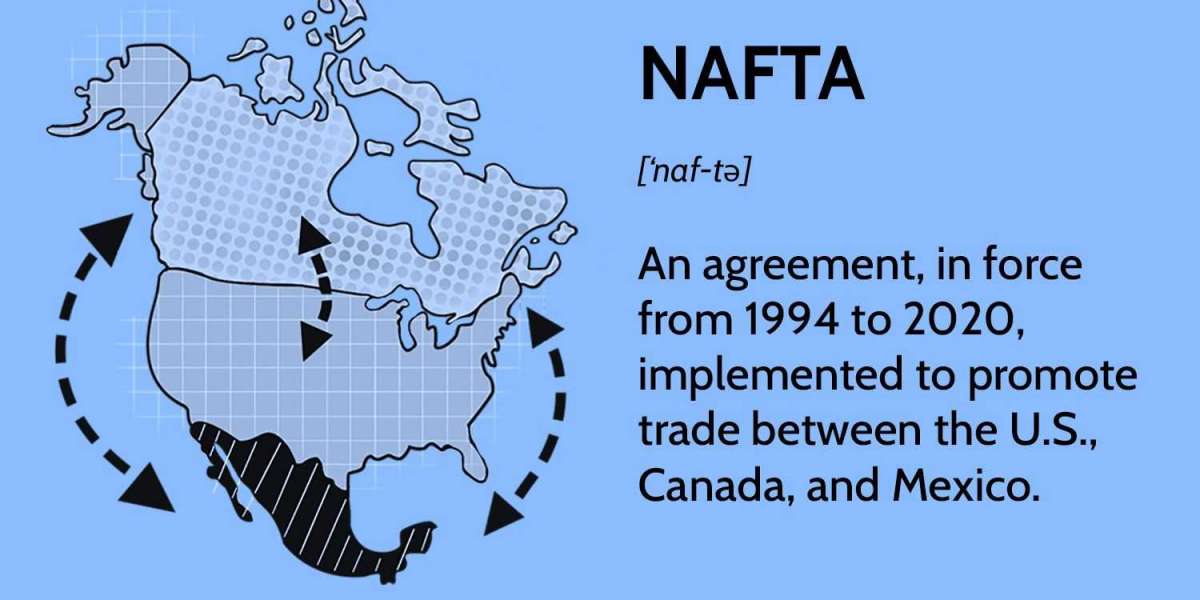The North American Free Trade Agreement (NAFTA) was a trilateral agreement signed in 1994 by the United States, Canada, and Mexico. The primary objective of NAFTA was to eliminate trade barriers between the three countries, including tariffs, quotas, and other non-tariff barriers, in order to promote trade and investment. The agreement had a significant impact on business in the United States, both positive and negative.
One of the main benefits of NAFTA for businesses in the United States was increased access to the Canadian and Mexican markets. Prior to the agreement, many U.S. companies faced high tariffs and other trade barriers when trying to export goods to these countries. NAFTA eliminated these barriers, making it easier and cheaper for American businesses to sell their products and services in Canada and Mexico. This led to increased trade and investment between the three countries, which contributed to economic growth and job creation in the United States.
Another significant impact of NAFTA was the integration of supply chains across North America. The agreement allowed companies to take advantage of lower labor costs in Mexico by establishing factories and production facilities there. This led to the creation of complex supply chains where different components of a product were manufactured in different countries before being assembled in the United States. This integration of supply chains allowed businesses to reduce their costs and increase efficiency, which helped to keep prices low for consumers.
However, NAFTA also had some negative effects on businesses in the United States. One of the main criticisms of the agreement was that it led to the outsourcing of jobs to Mexico. U.S. companies were able to take advantage of lower labor costs in Mexico, which led to the closure of some manufacturing plants in the United States and the relocation of production facilities to Mexico. This resulted in job losses and lower wages for some U.S. workers, particularly in the manufacturing sector.
Another criticism of NAFTA was that it led to increased competition from Canadian and Mexican companies. While U.S. businesses benefited from increased access to these markets, they also faced increased competition from Canadian and Mexican companies in their own domestic market. This competition led to pressure on U.S. companies to become more efficient and to innovate in order to remain competitive.
In conclusion, the NAFTA agreement had a significant impact on business in the United States. The agreement led to increased trade and investment between the United States, Canada, and Mexico, which contributed to economic growth and job creation in the United States. However, it also led to the outsourcing of jobs to Mexico and increased competition from Canadian and Mexican companies. Overall, the impact of NAFTA on businesses in the United States was mixed, with both positive and negative effects.




Alphonsus Odumu 1 w
Continental memorandum